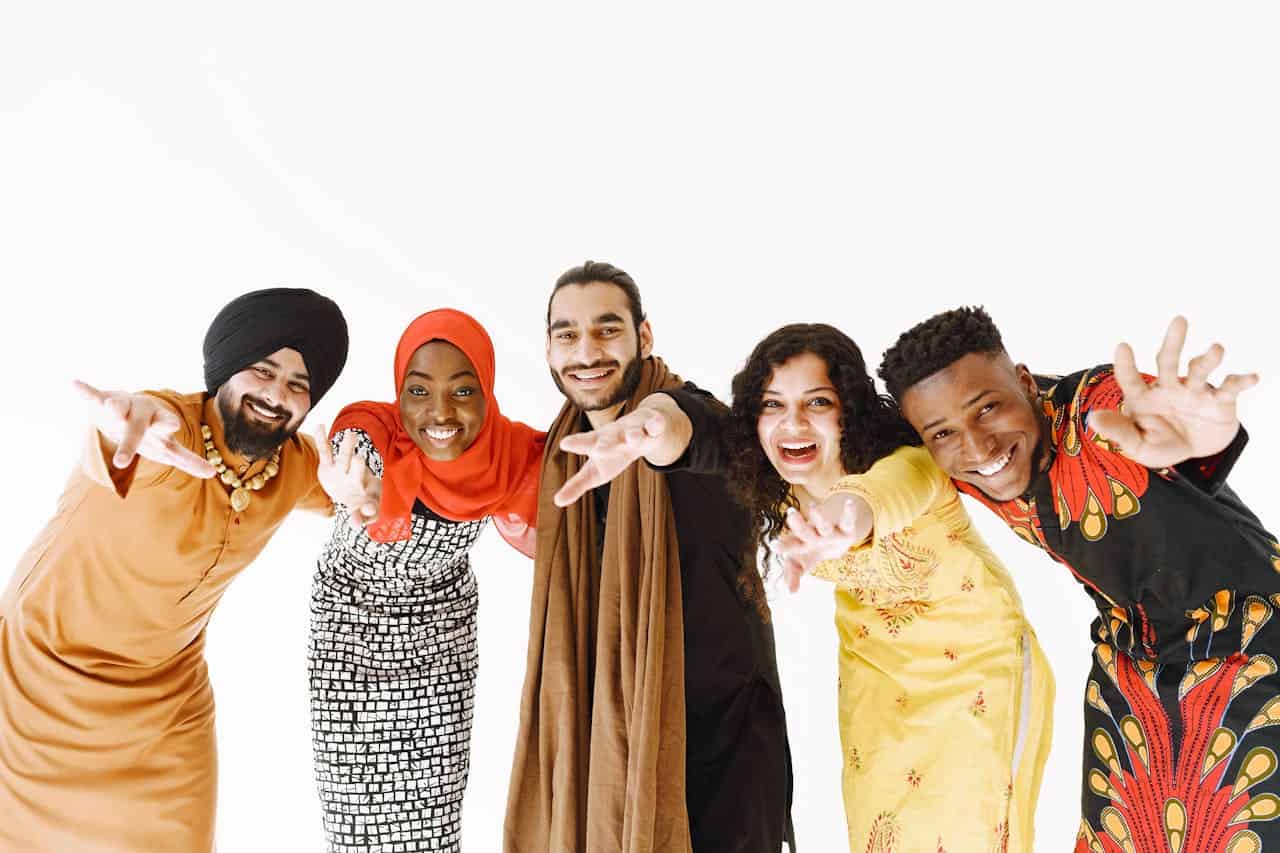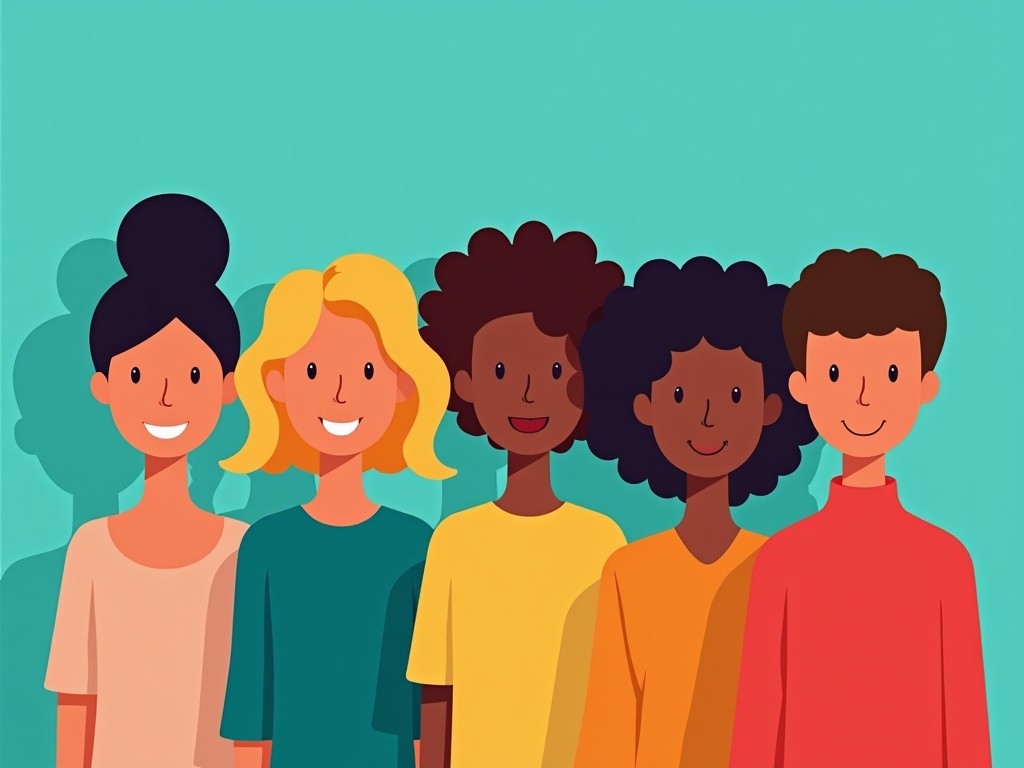
Understanding Deaf Identity and Intersectionality: Navigating Multiple Identities
- Posted by Cicada Sign
- Categories Blog
- Date November 14, 2024
- Comments 0 comment

I Letter in ASL
"Understanding intersectionality in the Deaf community fosters empathy and promotes inclusivity."

Deafness is only one layer; intersectional identities shape the unique experiences of every individual in the community.
In the Deaf community, identity is often shaped by a rich cultural heritage, language, and shared experiences navigating a world primarily designed for hearing individuals. However, Deaf identity is not one-dimensional; it intersects with various other aspects like race, gender, socioeconomic background, and more. For many Deaf individuals, these multiple identities intersect to create unique perspectives and challenges.
What is Intersectionality?
Intersectionality, a term coined by Kimberlé Crenshaw, refers to how various social categorizations like race, class, and gender intersect to shape individual experiences. In the Deaf community, intersectionality offers an even deeper meaning as individuals may identify as Deaf while also belonging to other marginalized communities. These overlapping identities shape their experiences, access to resources, and even the types of discrimination they may face.
For instance, a Black Deaf woman may encounter unique challenges stemming from both racial biases and audism (discrimination against Deaf individuals). Recent advocacy efforts within the Deaf community aim to address these experiences and create support systems that recognize and celebrate this diversity.
Deaf Identity Beyond Deafness
Deaf identity is a complex blend of linguistic, cultural, and community aspects. Many Deaf individuals strongly identify with Deaf culture, which includes the use of sign languages, participation in Deaf events, and a shared history of resilience and advocacy. For those with intersectional identities, however, Deaf identity is just one part of their experience.
The Intersection of Race and Deafness
Racial identity significantly impacts how Deaf individuals navigate social and professional spaces. For example, Black Deaf individuals often face distinct challenges as they experience both racial discrimination and audism. This dual-layered discrimination has led to unique advocacy movements within the community to ensure resources and opportunities are accessible to all.
Gender and Deaf Identity
Gender plays a crucial role in shaping the Deaf experience. Deaf women, for instance, may face challenges related to both sexism and audism in various aspects of life, from workplace interactions to healthcare access. The combination of these forms of discrimination often requires them to advocate for themselves on multiple fronts. Recognizing these gender-based experiences within the Deaf community is essential for fostering a truly inclusive environment.
Socioeconomic Factors
Socioeconomic background heavily influences the resources and opportunities available to Deaf individuals. Access to quality education, healthcare, and assistive technologies can vary widely based on socioeconomic status. For individuals from underprivileged backgrounds, navigating the systems required to access resources can be even more challenging, creating additional barriers.
Why Intersectionality Matters in the Deaf Community
Understanding intersectionality within the Deaf community is crucial for promoting inclusivity and equity. Recognizing that Deaf individuals are not a monolithic group allows for a more nuanced approach to advocacy, representation, and policymaking. Acknowledging diverse experiences within the community fosters empathy and strengthens efforts toward creating spaces where all Deaf individuals can thrive.
Intersectionality encourages us to go beyond seeing Deafness as a single identity and instead view it as part of a broader, interwoven fabric of experiences. This perspective is crucial in ensuring that support services, educational programs, and community initiatives are accessible and relevant to the various identities within the Deaf community.
Cicada Sign’s Commitment to Inclusivity and Understanding Intersectionality
At Cicada Sign, we are committed to fostering an inclusive environment that respects and celebrates the multifaceted identities within the Deaf community. Our mission is to provide accessible resources, advocate for understanding, and encourage appreciation for the diverse experiences that shape Deaf identity. By promoting awareness of intersectionality, we aim to support all Deaf individuals in embracing every aspect of their identity and navigating their unique paths.
Let us commit to understanding the intersectional experiences within the Deaf community and advocate for a world that values every identity. Embrace diversity, and together, let’s create a more inclusive and equitable society for all.



